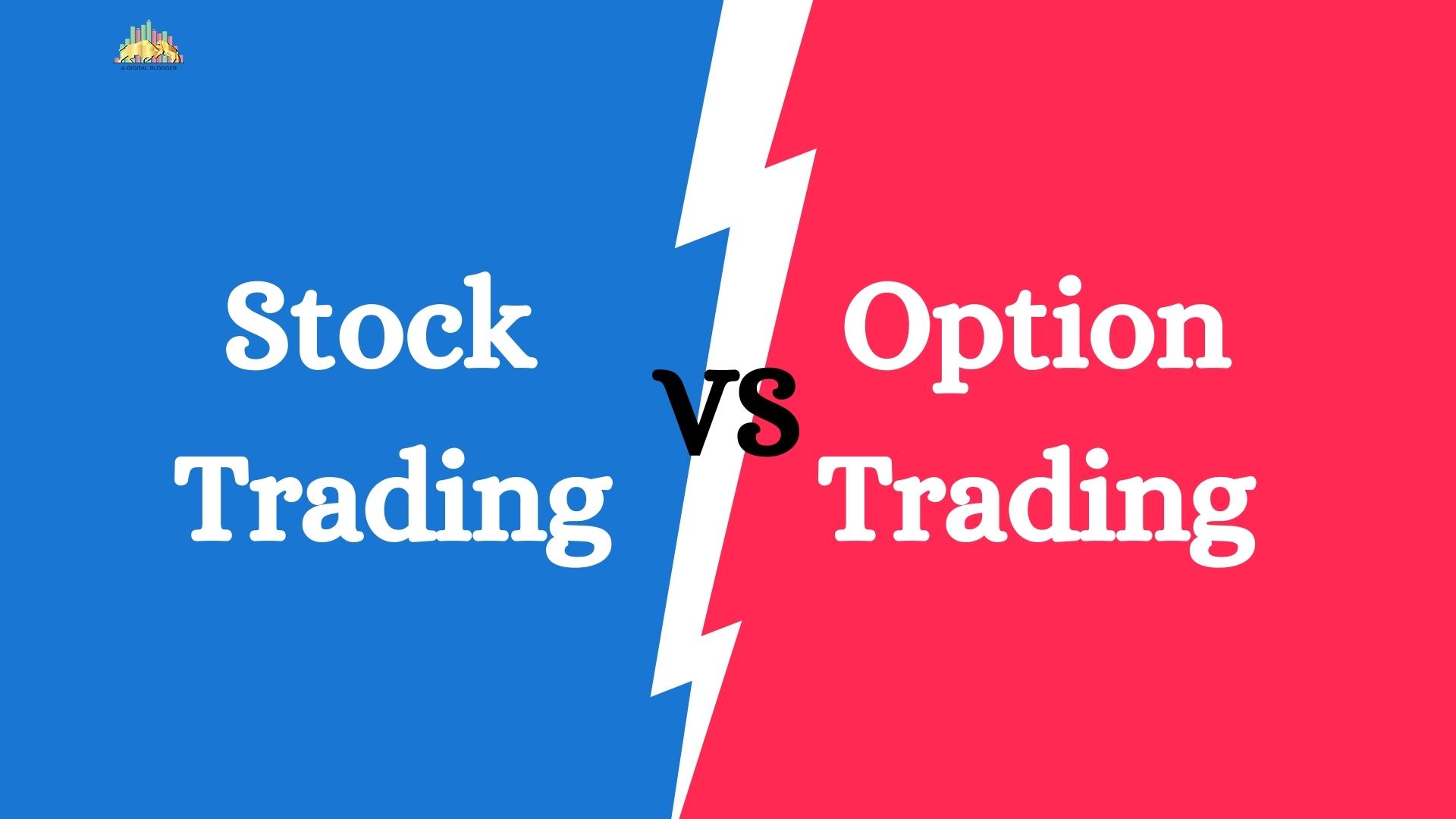Investing in the stock market offers a plethora of opportunities for wealth creation. However, navigating the complexities of financial instruments can be daunting for both novice and seasoned investors. Two prominent options are stock trading and option trading, each with unique characteristics and risk profiles. In this comprehensive guide, we will explore the intricacies of these two investment strategies, empowering investors with the knowledge to make informed decisions.

Image: www.options-trading-mastery.com
Delving into the Essence of Stock Trading
Stock trading involves the direct purchase and sale of company shares on an exchange. By becoming a shareholder, investors acquire a fractional ownership stake in that company. The value of a stock fluctuates based on factors such as company performance, economic conditions, and market sentiment. Profit is generated when the stock price rises, and the investor sells the shares for a gain.
Stocks represent a versatile investment vehicle with various risk and return profiles. Blue-chip stocks of established companies offer stability and modest returns, while growth stocks of emerging companies carry higher risk and the potential for substantial gains. Diversification through investing in different stocks can mitigate risk and enhance returns over the long term.
Unveiling the Nuances of Option Trading
Option trading introduces an additional layer of complexity to investing. Options are financial contracts that give the buyer the right, but not the obligation, to buy (call option) or sell (put option) an underlying asset at a specified price on or before a certain date. Unlike stock ownership, options do not confer ownership of the underlying asset.
The price of an option is influenced by several factors, including the price of the underlying asset, time to expiration, risk-free interest rate, and implied volatility. Options can be utilized for various strategies, including hedging, speculation, and income generation. However, option trading requires a deeper understanding of financial markets and carries significant risk.
Comparing Option Trading and Stock Trading: Risk, Return, and Complexity
Option trading and stock trading share some fundamental similarities, yet they diverge significantly in terms of risk, return, and complexity.
Options offer potentially higher returns compared to stocks, especially in volatile markets. However, this increased return potential comes at the cost of higher risk. Options can expire worthless and result in a loss of the entire investment.
Stocks, on the other hand, typically provide more consistent returns over the long term. While stocks can experience volatility and short-term downturns, they have historically outperformed options when held over extended periods. Additionally, stock trading is generally less complex and accessible to a wider range of investors.

Image: www.adigitalblogger.com
Choosing the Optimal Strategy: Tailoring to Individual Goals and Risk Tolerance
The choice between option trading and stock trading depends on each investor’s individual circumstances. Investors seeking higher returns and willing to assume higher risks may consider options. Those prioritizing capital preservation and steady returns may favor stocks.
For conservative investors, safer options strategies that minimize risk, such as covered calls and protective puts, can be suitable. More aggressive investors may explore riskier strategies, such as uncovered calls and credit spreads.
Regardless of the chosen strategy, it is imperative to thoroughly understand the potential risks and invest only what one can afford to lose.
Option Trading Vs Stock
Expanding Investment Horizons through Diversification
In the vast landscape of financial markets, diversification is paramount. Both stock and option trading can contribute to a balanced portfolio. Stocks offer long-term growth potential and income from dividends, while options provide flexibility and the potential for additional returns.
By judiciously combining these investment strategies, investors can spread their risk, enhance returns, and navigate market volatility more effectively.






